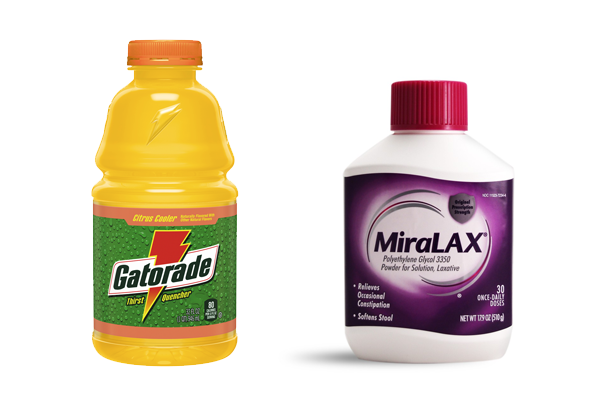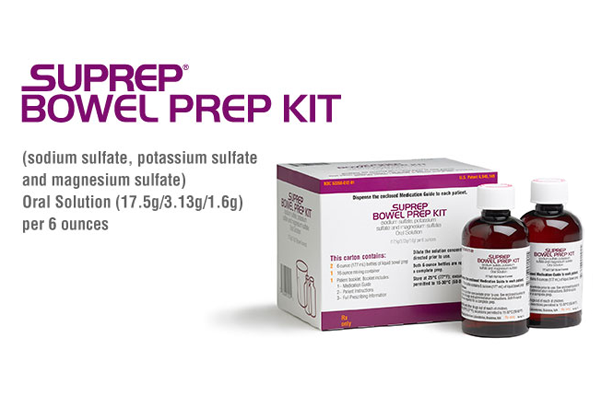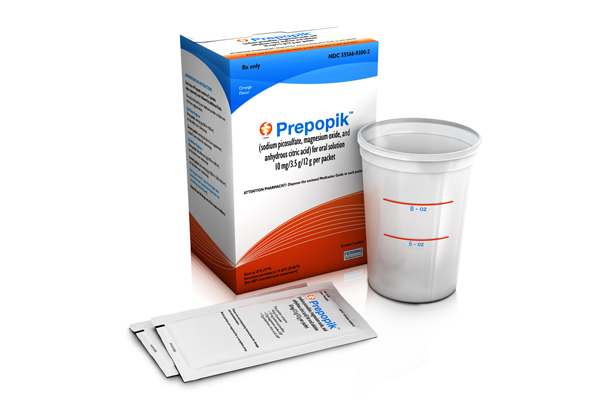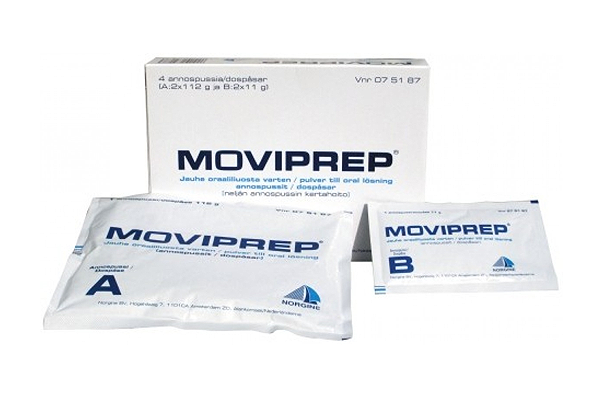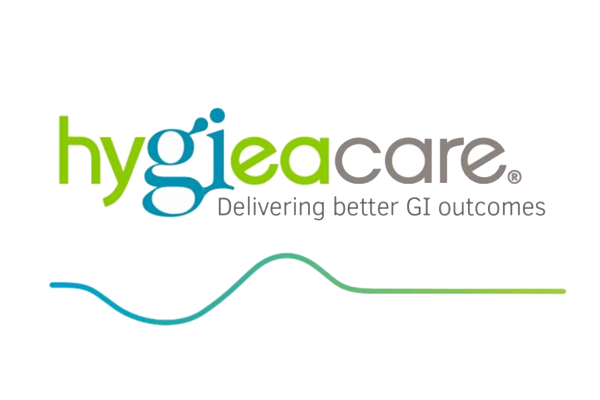Why Do I Need A Colonoscopy?
Colonoscopy remains the definitive gold-standard screening modality for not only the diagnosis but also the treatment of colorectal polyps and cancer. A variety of other tests are available; however, they are NOT as sensitive as a colonoscopy in diagnosing colon polyps and do NOT have the capability of reducing one’s risk of colon cancer through polyp removal. These tests include fecal DNA tests, blood DNA tests, double contrast barium enema and virtual CT colonography.
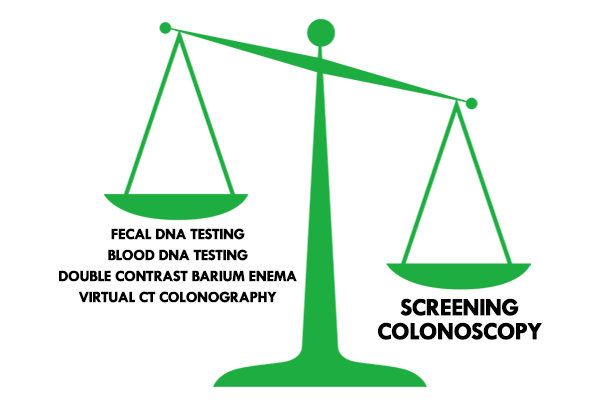
Day Before Your Procedure
After scheduling your colonoscopy with an NTxCH gastroenterologist, you will be given instructions for a bowel preparation designed to clean out your colon. The bowel preparation occurs the day before your colonoscopy and includes a clear liquid diet and a gentle, safe, palatable, affordable, low volume bowel prep (Examples: Miralax/Gatorade, Suprep, Prepopik, Moviprep).
Day Of Your Procedure
Your colonoscopy appointment will last approximately two hours with the procedure itself taking approximately one hour. Upon arrival to your assigned endoscopy center or hospital GI lab, you will fill out paperwork, change into a gown, and a trained nurse will start an IV.
A nurse anesthetist or anesthesiologist will then administer a safe, fast-acting sedative through your IV to make you comfortably asleep during the procedure. While asleep your NTxCH gastroenterologist will pass a small flexible high definition camera thinner than the size of your finger called a “colonoscope” through your colon. Pictures of your colon anatomy will be taken and polyps removed when identified.
Days After Your Procedure
Once your colonoscopy is complete, you will wake up and your NTxCH gastroenterologist and his/her staff will discuss the findings with you and your family. Because sedatives cause temporary changes in your reflexes and judgement, you will need someone to take you home after your procedure. Unless otherwise specified, you are able to resume a normal diet once you are awake and you will be able to return to normal daily function the following day. Depending on the number, type and size of polyps and adequacy of colon prep, follow-up surveillance colonoscopies are recommended anywhere from 6 months to 10 years.
Bowel Preparation Methods
